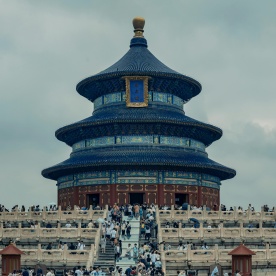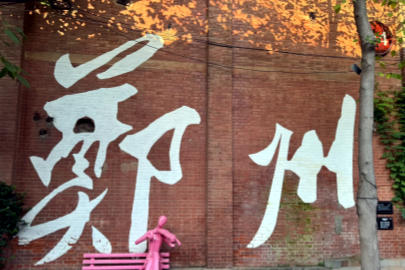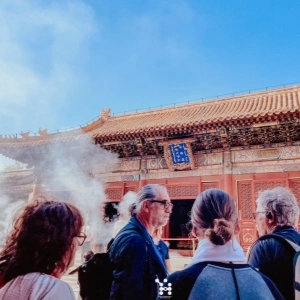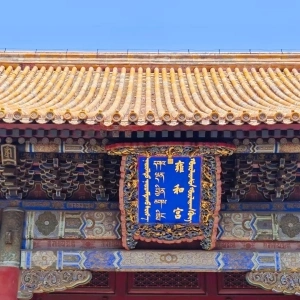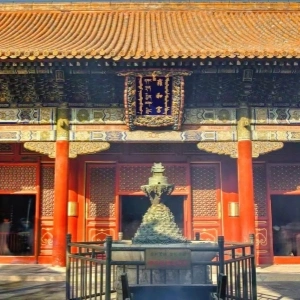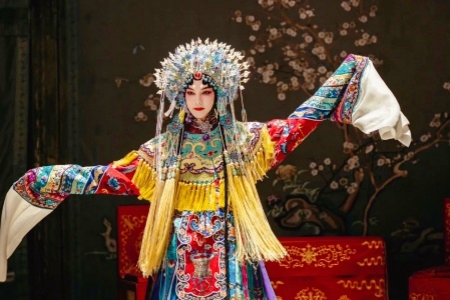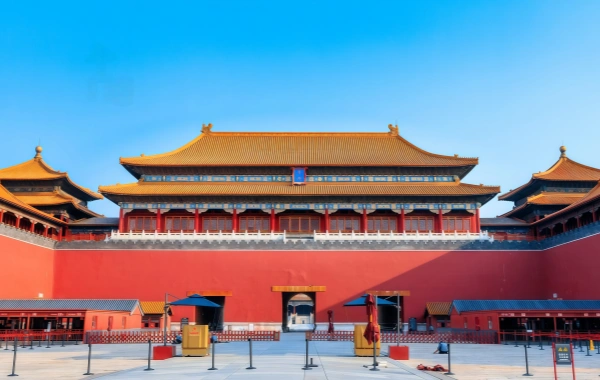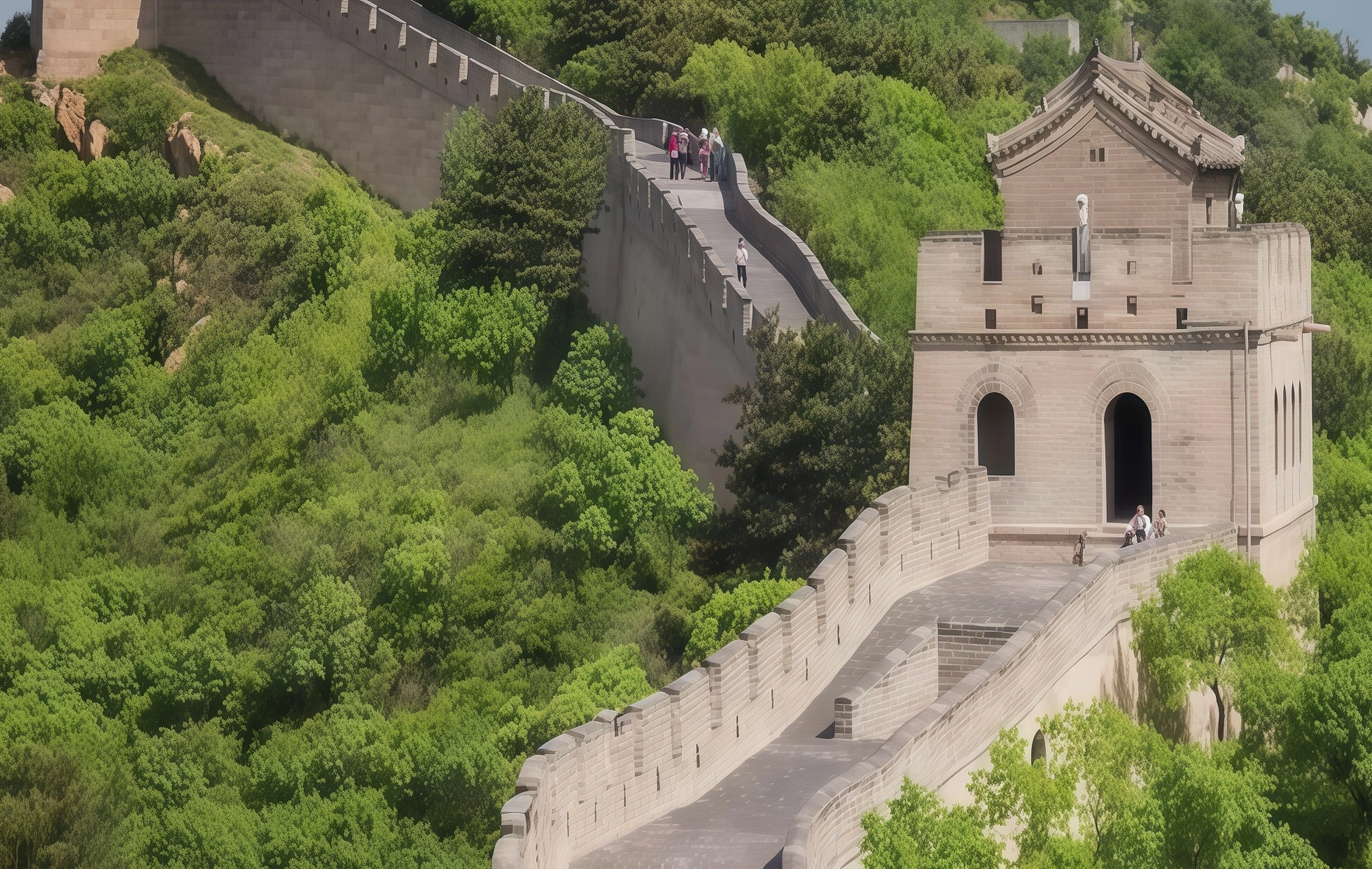Henan Province, located in central China, is a land rich in history, culture, and natural beauty. Often called the birthplace of Chinese civilization, Henan offers a wide array of fascinating destinations that allow visitors to experience the ancient roots of Chinese culture. From world-renowned temples and Buddhist grottoes to scenic mountains and historic cities, Henan has something for every traveler. Below are some of the top highlights you shouldn’t miss when visiting this culturally rich province.
1. Shaolin Temple: The Birthplace of Kung Fu
The Shaolin Temple, located in Dengfeng, is one of the most famous Buddhist temples in China and the birthplace of Shaolin Kung Fu. This ancient temple is renowned not only for its spiritual significance but also for its role in the development of martial arts. Visitors can watch live Kung Fu performances, explore the temple’s ancient architecture, and visit the Pagoda Forest, which contains the tombs of monks who practiced martial arts at the temple.
2. Longmen Grottoes: Ancient Buddhist Art
The Longmen Grottoes, located near Luoyang, are an extraordinary collection of over 100,000 Buddhist statues and carvings. This UNESCO World Heritage site is one of the most significant examples of Chinese Buddhist art, with intricate sculptures dating back to the Northern Wei Dynasty. The most famous site within the grottoes is the Fengxian Temple, home to the towering Vairocana Buddha, one of the largest and most awe-inspiring Buddha statues in China.
3. Luoyang: Ancient Capital of Ten Dynasties
Luoyang is one of China’s oldest cities, with a history spanning over 4,000 years. It served as the capital for multiple Chinese dynasties and is home to many historical landmarks, including the White Horse Temple, the first Buddhist temple in China, and the Luoyang Museum, which showcases a vast collection of historical artifacts. The city is also famous for its annual Peony Festival, during which the city’s gardens are filled with vibrant blossoms.
4. The Yellow River: The Cradle of Chinese Civilization
The Yellow River, also known as the Huang He, is often referred to as the cradle of Chinese civilization. Flowing through Henan, it is central to the province’s identity. The river’s fertile plains have been the birthplace of many ancient Chinese dynasties. Visitors can explore the Yellow River Scenic Area in Zhengzhou, where they can take boat rides, learn about the river’s significance, and enjoy picturesque views of the surrounding landscapes.
5. Songshan Mountain: A Sacred Mountain
Songshan Mountain, one of China’s Five Sacred Mountains, is a significant religious site for Taoism, Buddhism, and Confucianism. It is most famous for being home to the Shaolin Temple, but the mountain also contains several other ancient temples and shrines. Visitors can hike the mountain's rugged paths, explore historic temples such as the Zhongyue Temple, and enjoy stunning panoramic views of the surrounding area.
6. Kaifeng: A City of Song Dynasty Glory
Kaifeng, once the capital of the Song Dynasty, is a city with a deep cultural and historical heritage. Known for its well-preserved ancient architecture, Kaifeng features several important landmarks, including the Iron Pagoda, one of the oldest and most famous pagodas in China. The Kaifeng City Wall and the Chinese Imperial Garden offer additional glimpses into the city’s grandeur during the Song Dynasty.
7. Yin Ruins: The Shang Dynasty's Capital
The Yin Ruins near Anyang are the remnants of the ancient capital of the Shang Dynasty (16th–11th century BC). This UNESCO World Heritage site is home to royal tombs, ancient palaces, and some of the earliest examples of Chinese writing—oracle bone inscriptions. Visitors can explore the ruins and gain insight into the Shang Dynasty's culture and its role in the development of early Chinese civilization.
8. Yuntai Mountain: A Natural Wonder
Yuntai Mountain, located in Jiaozuo, is known for its dramatic cliffs, beautiful waterfalls, and lush forests. The mountain offers a variety of outdoor activities, including hiking, photography, and sightseeing. Notable sites within the area include the Yuntai Waterfall, which is one of the largest waterfalls in China, and Yuntai Lake, where visitors can relax and enjoy the serene surroundings.
9. Zhongyue Temple: A Taoist Spiritual Center
Zhongyue Temple, located on the slopes of Songshan Mountain, is one of the most important Taoist temples in China. Dedicated to the Taoist god of the mountains, it is an important site for Taoist practitioners. The temple's architectural beauty, combined with its peaceful and spiritual atmosphere, makes it an ideal place for meditation and reflection.
10. Huaiyang Cuisine: A Culinary Delight
Henan is home to Huaiyang cuisine, one of the four major styles of Chinese cooking. Known for its delicate flavors and emphasis on fresh, local ingredients, Huaiyang cuisine is a highlight of the region. Must-try dishes include Huaiyang-style dumplings, steamed buns filled with savory meats, and tofu dishes. Visitors should make time to enjoy the local food scene, especially in cities like Kaifeng, where traditional eateries offer an authentic taste of the region.
Conclusion: Henan - A Destination Steeped in History and Culture
Henan Province is a must-visit destination for anyone looking to explore China’s rich historical and cultural heritage. From the martial arts legacy of the Shaolin Temple to the ancient Buddhist art at the Longmen Grottoes and the bustling streets of Luoyang, Henan offers a wealth of experiences for travelers interested in Chinese history. Whether you’re drawn to ancient temples, scenic mountains, or delicious regional cuisine, Henan's highlights provide an unforgettable journey through the heart of China’s past.
Related Posts
Create Your Customized Trip
Take about 2 minutes to fill the form to tell us how you like to travel, and get a reply within 1 working day.

